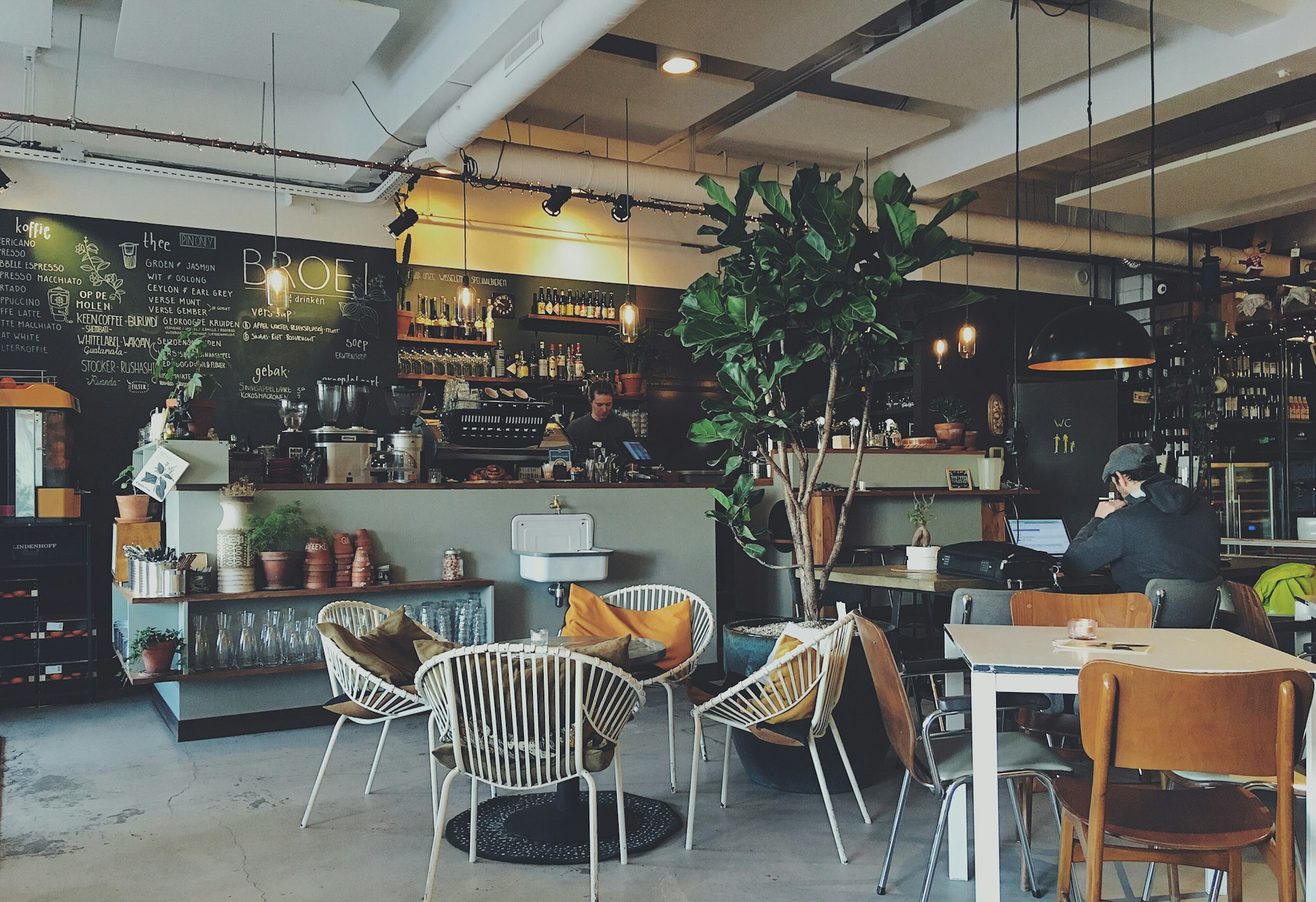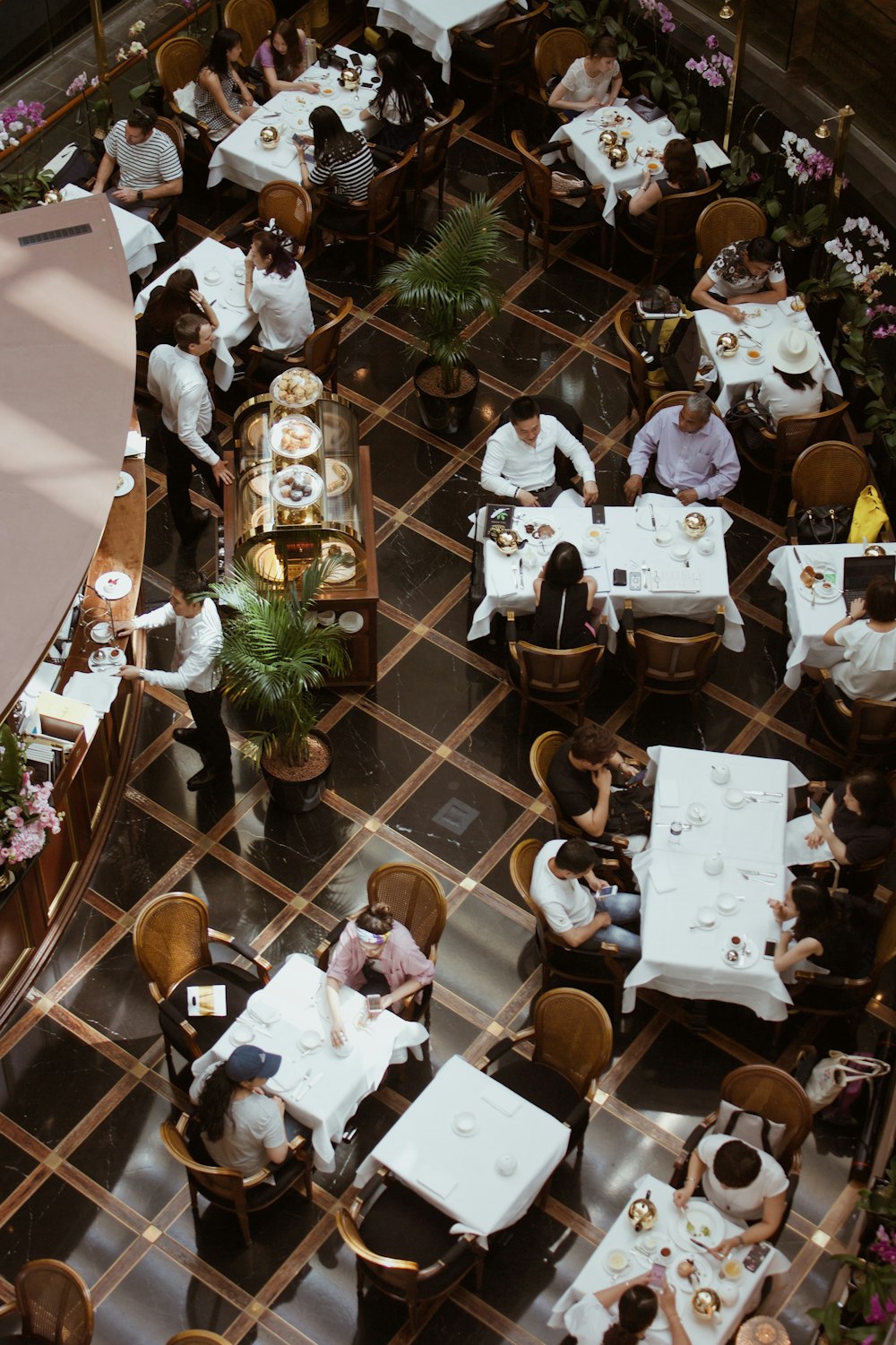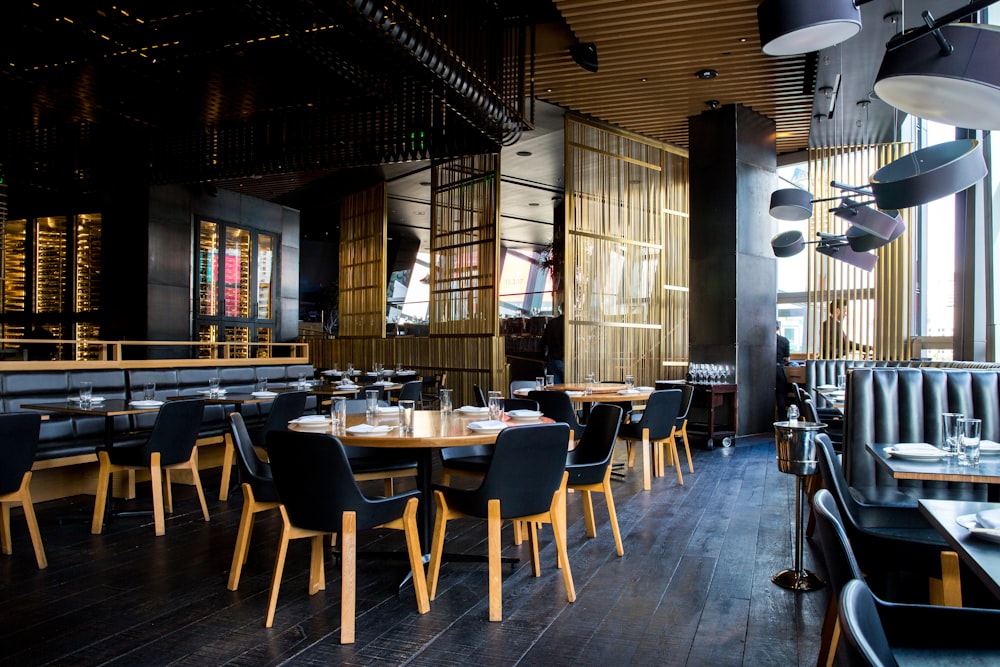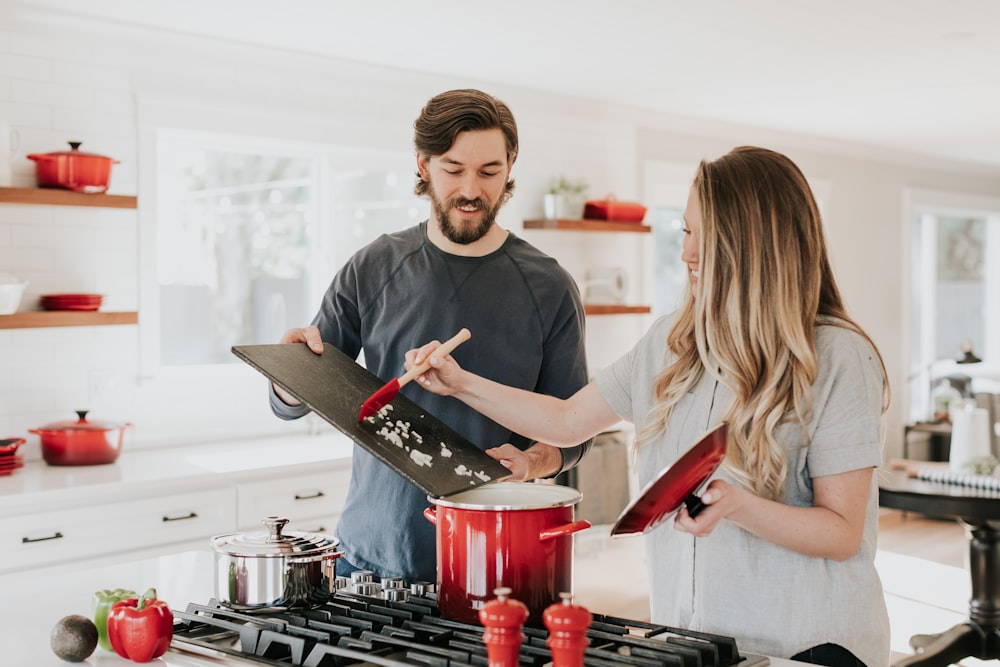
HoReCa Industry Intelligence
Why restaurants choose suppliers isn't about price—it's about partnership psychology
HoReCa businesses don't buy products; they build relationships. When a restaurant selects a coffee supplier or a hotel chooses bathroom amenities, the decision follows behavioral patterns that traditional B2B analytics miss. We decode the psychology of hospitality purchasing across European markets.
The hidden dynamics of HoReCa supply chains
Trust beats price in long-term contracts
A restaurant pays 20% more for produce from a supplier who answers calls on Sunday. A hotel chain switches amenity suppliers not over quality complaints but communication friction. These aren't irrational choices—they follow measurable patterns of business relationship psychology.
Timing determines supplier success
The moment a restaurant considers new suppliers follows predictable triggers—chef changes, season shifts, crisis recovery, expansion planning. Suppliers who understand these behavioral windows win contracts competitors never see.
Peer validation drives supplier selection
When five restaurants on the same street use identical suppliers, it's not coincidence. Hospitality businesses validate choices through informal networks that operate outside official channels. We map these influence patterns.
Behavioral patterns in HoReCa purchasing
Kitchen psychology and chef preferences
How professional kitchens really choose equipment—why German chefs prioritize precision while Spanish chefs value versatility, why open kitchens change equipment priorities, how chef ego affects brand preferences.
Beverage supplier relationship dynamics
Coffee isn't commodity—it's identity. Why some cafes switch suppliers quarterly while others stay loyal for decades, how machine service affects bean purchasing, why barista training programs build stronger locks than contracts.
Amenity and consumable selection patterns
Hotels reveal brand positioning through bathroom amenities, napkin quality, cleaning product choices. These micro-decisions follow macro-patterns that predict everything from pricing power to guest satisfaction.
Beverage menu psychology and supplier loyalty
Wine lists reflect restaurant identity more than profit margins. Beer selection signals target demographic. Cocktail ingredient choices communicate expertise level. These beverage decisions create emotional bonds with suppliers that transcend price negotiations.
What separates winning suppliers from commodity players
Winners understand hospitality stress cycles
Service industry stress follows predictable patterns—weekend rushes, seasonal peaks, holiday mayhem. Suppliers who align with these cycles become partners; those who ignore them become problems.
Winners invest in relationship psychology
Great suppliers don't just deliver products—they understand kitchen culture, front-of-house priorities, management pressures. This psychological investment creates switching costs that price alone can't break.
Winners recognize quality signaling opportunities
In hospitality, everything customers see signals quality—from napkin thickness to coffee cup design. Suppliers who understand these quality psychology moments capture premium positioning.
Hidden patterns in hospitality markets

Brand positioning through supplier choices
A high-end restaurant using premium suppliers signals exclusivity. A casual cafe with local suppliers communicates community connection. These positioning choices follow psychological patterns that affect customer behavior.
Learn more

Sustainability as competitive advantage
Environmental consciousness in hospitality reflects customer psychology more than cost savings. Markets where sustainability drives purchasing decisions versus markets where it's pure marketing positioning.
Learn more

Risk psychology in food safety
How hospitality businesses really evaluate food safety—reputation protection psychology, compliance theater versus genuine safety culture, how one contamination incident affects entire market behavior.
Learn more
European HoReCa behavioral differences
Northern European efficiency focus
Scandinavian and German HoReCa prioritizes operational efficiency, predictable service, and systematic processes. Suppliers who deliver consistency and reduce complexity win long-term contracts.
Mediterranean relationship emphasis
Italian, Spanish, and Greek hospitality values personal relationships, family connections, and traditional methods. Suppliers who invest in relationship building capture market share beyond pure product quality.
Eastern European evolution patterns
Rapid modernization creates opportunities for suppliers who understand both traditional hospitality culture and emerging international standards. Quality expectations rising faster than price sensitivity.
HoReCa intelligence that drives growth
Relationship mapping and influence networks
Understanding who influences whom in local hospitality communities—head chefs, restaurant owners, hotel managers—and how these influence patterns affect purchasing decisions.
Seasonal psychology and purchasing cycles
When hospitality businesses make supplier decisions, how seasonal stress affects purchasing psychology, when budget discussions happen and how to align with decision timing.
Quality perception drivers
What signals quality to different hospitality segments—from luxury hotels to casual dining—and how suppliers can align with these quality perception patterns.
Transform your HoReCa strategy
Our analysis delivers:
- Supplier relationship strategies based on hospitality psychology
- Timing optimization for contract discussions and renewals
- Quality positioning that aligns with customer psychology
- Regional expansion strategies for European HoReCa markets
- Competitive analysis of relationship versus price positioning
HoReCa industry questions
How do you analyze HoReCa without supplier data?
Hospitality purchasing behavior appears in reviews, job postings, menu changes, renovation timing, and industry discussions. These signals reveal supplier relationships and decision psychology.
Can you predict when restaurants will change suppliers?
Supplier switching follows behavioral triggers—chef changes, concept pivots, financial pressures, expansion phases. We identify these triggers before the purchasing decisions begin.
How important is local sourcing psychology?
Local sourcing signals community connection, freshness, and authenticity to customers. Its importance varies by market psychology—stronger in areas with local pride, weaker where international brands dominate.
Do hospitality trends really affect supplier relationships?
Trends create supplier opportunities and threats. Plant-based menus require new suppliers. Craft cocktail culture demands premium ingredients. Understanding trend psychology predicts purchasing shifts.